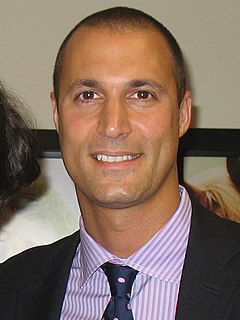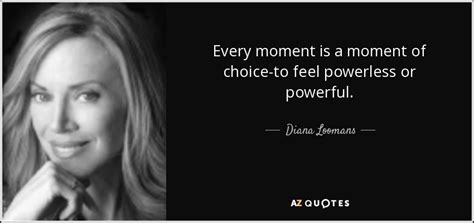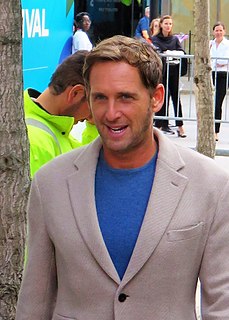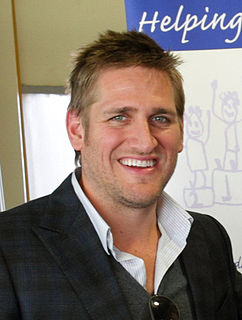A Quote by Nigel Barker
I'm much more about the emotion that a photograph provokes out of you and less about how technically brilliant it is.
Quote Topics
Related Quotes
Charisma seems to be more about the intoxicating quality that you have on other people, as opposed to presence, which is more about the self in relation to others, and how you feel you represented yourself in a situation, and how you were able to engage. So it's less about how others see you and more about how you see yourself.
There are a lot of ways to talk about the life of a photograph. You can talk about the afterlife of a photograph, and in the end I talk about that, with the Richard Prince picture. But mainly, what I dedicated the book to being about was how photographs begin their life, and where they begin it. And they begin it with the photographer's imagination and instinct and experience.
If I had my child to raise all over again,I'd finger paint more, and point the finger less.I'd do less correcting, and more connecting.I'd take my eyes off my watch, and watch with my eyes.I would care to know less, and know to care more.I'd take more hikes and fly more kites.I'd stop playing serious, and seriously play.I'd run through more fields, and gaze at more stars.I'd do more hugging, and less tugging.I would be firm less often, and affirm much more.I'd build self esteem first, and the house later.I'd teach less about the love of power, and more about the power of love.
Fight sequence to me isn't just about the athleticism. It so often is about what the emotion that is behind it and how willing you are to really, really challenge that emotion or really take that emotion to that place so you're feeling a certain intensity for the whole time when you're shooting the actual physical scenes.
For my part, I think we need more emotion, not less. But I think, too, that we need to educate people in how to feel. Emotionalism is not the same as emotion. We cannot cut out emotion - in the economy of the human body, it is the limbic, not the neural, highway that takes precedence. We are not robots...but we act as though all our problems would be solved if only we had no emotions to cloud our judgement.
The more people who come forward and talk about how much they love gaming, how much they talk about individuality and diversity, the more gamers of color that come out and gay gamers that come out and everybody talking about what they love - that's what the community has in common: a love of gaming.
Learning to explain phenomena such that one continues to be fascinated by the failure of one's explanations creates a continuing cycle of thinking, that is the crux of intelligence. It isn't that one person knows more than another, then. In as sense, it is important to know less than the next person, or at least to be certain of less, thus enabling more curiosity and less explaining away because one has again encountered a well-known phenomenon. The less you know the more you can find out about, and finding out for oneself is what intelligence is all about.


































